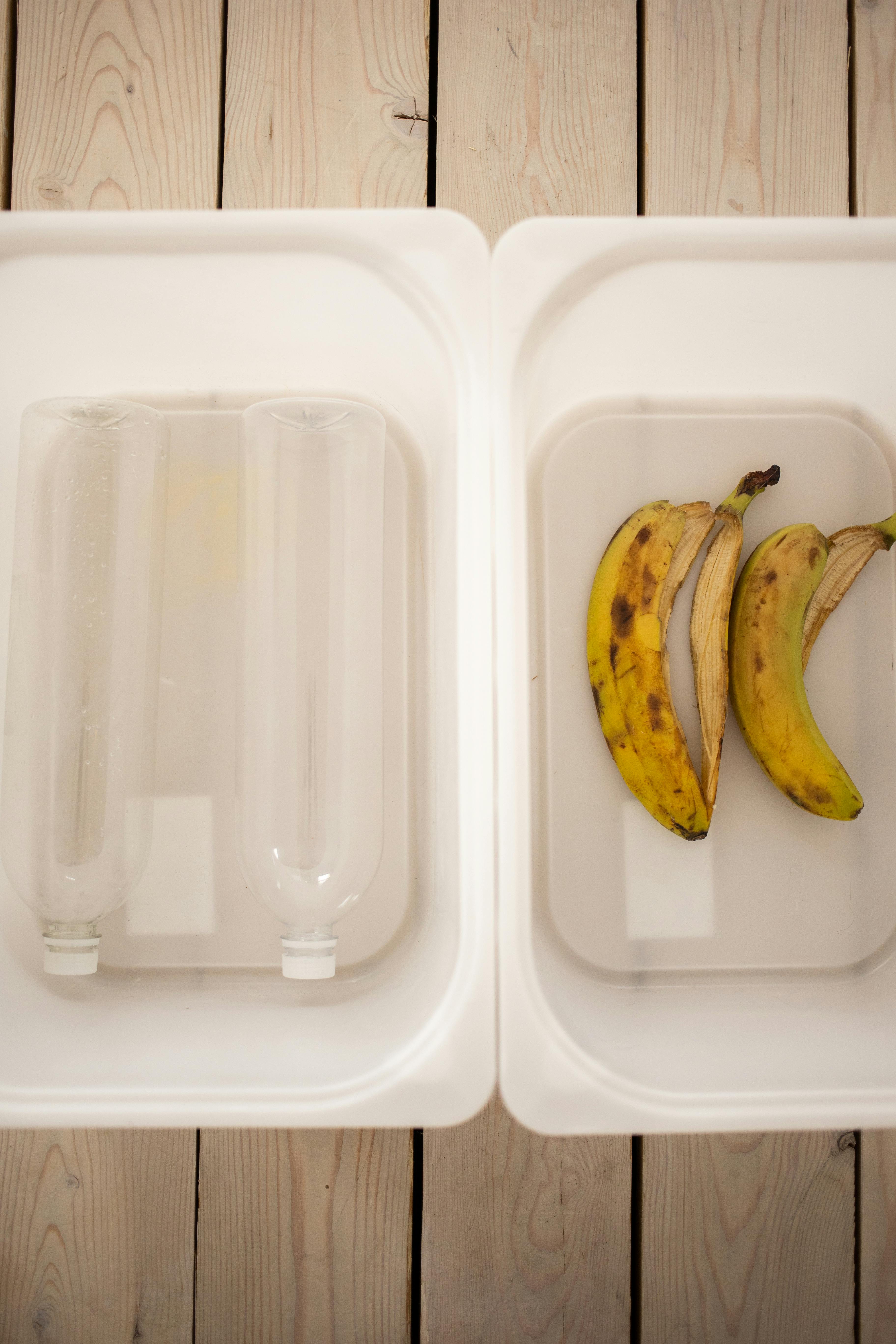
How to Effectively Fix a Clogged Sink
Dealing with a **clogged sink** can be frustrating, especially when you need immediate assistance in your kitchen or bathroom. In this article, we will explore simple steps for success in unclogging sinks in 2025. Whether you are a DIY enthusiast or someone who prefers professional help, we've got you covered with practical advice and techniques.
Common Clogging Causes
Understanding the **common clogging causes** is essential for tackling sink blockages effectively. Food debris, soap residue, and hair often accumulate over time, which can lead to stubborn clogs. In the kitchen, grease and oils from cooking can solidify and block drainage. In bathrooms, long hair strands can easily trap moistened products and create severe blockages. Regular maintenance and inspections can help identify these issues before they escalate into significant plumbing problems.
Identifying Clogs Early
Knowing how to **identify clogs** early can save you a lot of trouble. Signs of a **clogged sink** include slow drainage, standing water, and unusual smells. Monitoring changes in your sink's drainage speed can alert you to potential problems. If your sink starts draining slower than usual, it may be time to investigate the issue and apply **step-by-step unclogging** techniques before it gets worse.
Prevent Sink Clogs
Implementing strategies to **prevent sink clogs** is crucial. One simple method is using mesh screens over your sink drains to catch larger debris like food particles and hair. Regularly flushing your drains with boiling water can also help dissolve grease and soap buildup. Additionally, maintaining a schedule for **regular plumbing checks** can make a significant difference in avoiding persistent drain issues.
Importance of Regular Maintenance
Incorporating a **sink maintenance plan** will extend the longevity of your plumbing system. Monthly maintenance checks can involve inspecting visible pipes for leaks, checking traps for debris, and ensuring that there are no noticeable odors or signs of distress. Taking these proactive steps can help tackle minor issues before they develop into big problems, ultimately affecting your home's plumbing health.
DIY Solutions for Clogged Sinks
When you encounter a **clogged sink**, you might want to try some DIY solutions before seeking professional help. Many effective methods can solve the problem without costly repairs. Whether you're familiar with plumbing tools or just starting, these tips are easy to implement and can lead to successful unclogging.
Using a Plunger Effectively
A **sink plunger** is an invaluable tool for tackling clogs. To use it effectively, first ensure there is enough water in the sink to cover the plunger's bell. Then, place the plunger over the sink drain and apply firm pressure while pushing and pulling to create suction. After a few vigorous attempts, remove the plunger and see if the drain is cleared. This simple **plumbing tool** can often do the trick for minor clogs.
Baking Soda and Vinegar Method
A combination of **baking soda and vinegar** is not only effective but also eco-friendly for unclogging. Start by pouring a generous amount of baking soda down the drain followed by vinegar. Let this mixture sit for about 15 minutes, allowing it to bubble and break down debris. Finally, flush the drain with hot water to rinse away any remaining residue. This is a prime example of how you can resolve clogs without harsh chemicals.
Hot Water Flushing
Sometimes, a simple **hot water flushing** can clear a sink blockage. Boil a kettle of water and carefully pour it directly down the drain in stages, letting it work on the clogged area. This can help dissolve grease or stuck debris effectively. Particularly in **kitchen sink issues**, this method proves to be a straightforward and swift fix.
Professional Plumbing Services
In cases where DIY efforts are not successful, hiring **professional plumbing services** might be necessary. Recognizing when to seek help is crucial for avoiding damage to your plumbing. Skilled plumbers can provide advanced techniques and tools for persistent clogs that homeowners may encounter.
When to Call for Professional Help
If you consistently deal with **plumbing problems** even after implementing DIY techniques, it might indicate a more severe issue in your plumbing system. Variables such as persistent slow drains, frequent backups, or the sound of gurgling could suggest blockages further down the line. These require specialized equipment and expert knowledge, signaling it’s time to **hire a plumber**.
Understanding Drain Repair Costs
Many homeowners are understandably concerned about **drain repair costs**. Pricing can vary significantly based on the severity of the clog and the methods used for resolving it. It’s beneficial to inquire about estimates before service starts. Always ask plumbing professionals for a detailed breakdown of potential charges to avoid unexpected expenses.
Ongoing Plumbing Education
Staying educated about **plumbing tools** and techniques can assist homeowners in maintaining healthy plumbing systems. Regularly reviewing DIY guides, attending workshops, or consulting with experienced plumbers can empower you to tackle common plumbing issues effectively. Awareness and basic skills can alleviate the fear of **emergency plumbing solutions** when they arise.
Key Takeaways
- Identify and address common clogging causes to maintain sink health.
- Employ DIY methods like plunging, baking soda and vinegar, and hot water for simple clogs.
- Know the signs that indicate when to call for professional plumbing services.
- Regularly educate yourself on plumbing preventive measures and home care.
- Document plumbing maintenance for future reference.
FAQ
1. What are effective DIY methods for unclogging a sink?
Effective DIY methods for unclogging a sink include using a **plunger**, employing baking soda and vinegar, and flushing the drain with hot water. These uncomplicated yet efficient techniques can resolve minor clogs quickly without professional help, making them excellent first responses to sink blockages.
2. How can I prevent my sink from clogging frequently?
To prevent sink clogs frequently, be mindful of what goes down your drain. Use **drain screens** to trap debris, regularly run hot water through your pipes, and avoid pouring grease or thick substances down the sink. Additionally, keeping up with **regular plumbing maintenance** will help mitigate issues before they start.
3. When should I call a professional plumber?
You should consider calling a professional plumber when your sink troubles persist despite DIY attempts. If you notice recurring slow drainage, backup issues, or unusual sounds coming from the pipes, these signs often indicate a deeper plumbing problem that requires expert intervention.
4. What tools are essential for basic plumbing maintenance?
Essential tools for basic plumbing maintenance include a **plunger**, drain snake, wrench, and bucket. These tools can help you address minor plumbing issues effectively and perform **regular plumbing checks** around your home.
5. How often should I conduct plumbing checks?
Conducting plumbing checks at least once a month is advisable to ensure everything is in good working order. This routine can help catch **drain issues** early and maintain efficient plumbing functionality.
6. Are professional plumbing services worth the cost?
Yes, professional plumbing services are often worth the cost, especially for severe plumbing issues. Skilled plumbers can offer warranties, save you time, and prevent further damage to your plumbing system, saving you money in the long run.
7. What are the signs of plumbing problems?
Key signs of plumbing problems include slow drains, unusual noises from pipes, bad odors emitting from the sink, pooling water around fixtures, and visible leaks. Recognizing these early signs can help you take timely action before they escalate into larger issues.
Stay proactive with your **sink maintenance** and adopt **drain cleaning methods** to ensure a healthy and efficient plumbing system for years to come.

